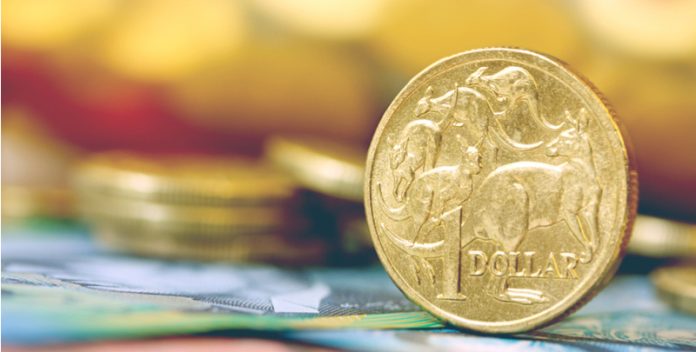The British pound is lower against the Australian dollar on Friday.
The Australian dollar flirted with a daily rise but eventually succumbed to Sterling, which has been the top-performing G10 currency this week.
The pound meanwhile brushed off the Prime Minister as well as the Health Secretary and the Chief Medical Officer all self-isolating after testing positive for the coronavirus.
GBP/AUD was up by 132 pips (+0.65%) to 2.0251 with a daily range of 1.9970 to 2.0345 as of 4.30pm GMT.
The currency pair held above 2.00 as support in early trading on successive tests so went on to reach Monday’s peak before pulling back. Weekly gains stand at +0.68%.
British pound holds weekly gains despite PM getting COVID-19
More top UK officials were announcing they had contracted COVID-19 as the day went on. The latest was Chief Medical officer Professor Chris Whitty while the biggest news of the day was that the Prime Minister Boris Johnson will be running the government from a flat at the top of No.11 Downing Street as he self-isolates for 7-days.
Professor Whitty has been joining the PM at daily coronavirus news briefings, where presumably deputies will take over those duties for the next week.
Forex markets largely looked through the news since the Prime Minister still appears to be in generally good health and at 55-years old is not theoretically in a high risk group to suffer more severe symptoms.
Health Secretary Matt Hancock also tested positive and is too self-isolating for 7-days as per the medical advice being given by Public Health England.
The pound has continued its positive strives from Thursday when the Bank of England left interest rates unchanged at a record low of 0.1%.
Australian dollar holding its own as global equities pullback
A downturn in global risk sentiment where stock markets fell added to the Aussie weakness on Friday, although it was higher against the US dollar (AUD/USD).
The New York Times points out that Australia is getting ready to say “goodbye to the world’s longest boom’. The coronavirus is expected to see Australia have its first recession in over 30 years.





